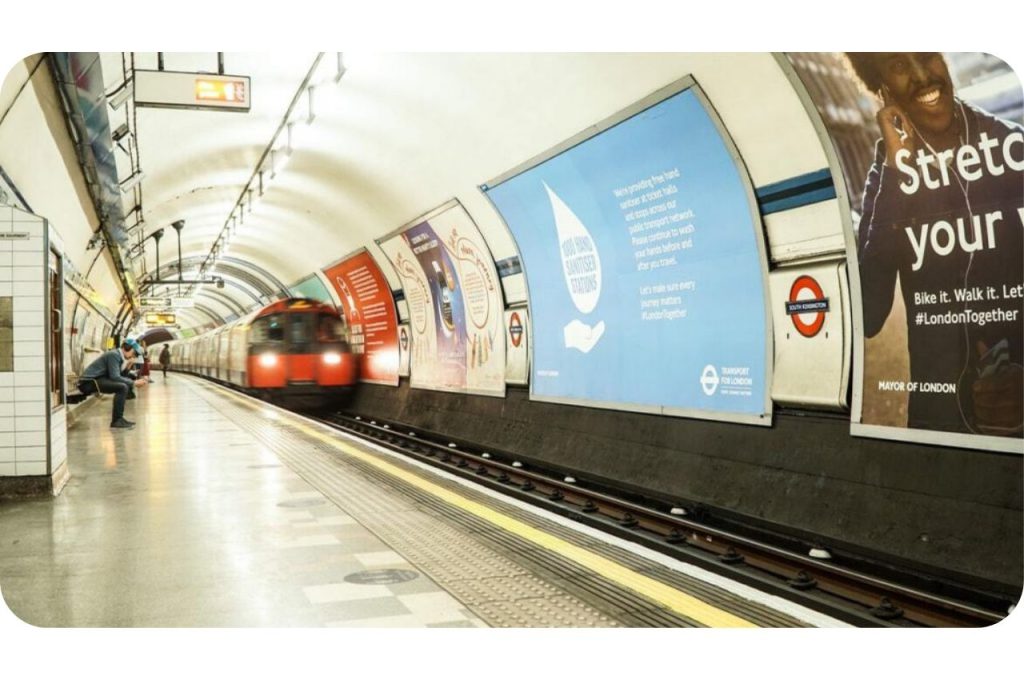
What will the impact of longer TV ads have on advertisers and viewers? We could be seeing more advertising on UK television as Ofcom announced it is considering relaxing the rules governing the frequency and length of ad breaks and allowing more product placement within shows.
The news comes as UK broadcasters are facing growing competition from streaming giants in terms of viewing figures and programme commissions.
Under current regulations, public broadcasting channels are limited to an average of seven minutes of advertising per hour across the day. Private channels are allowed nine minutes for advertising plus an extra three minutes for teleshopping. So far initial discussions have taken place with stakeholders, but the next steps should be outlined in the summer.
Ofcom is soliciting the views of TV consumers and the wider industry on how to proceed without alienating audiences, stating:
“We’re scoping a range of options, but before we form any plans we’ll listen to different views and examine what TV viewers say.”
The impact of longer TV ads: What do TV viewers think?
Ofcom research found that older television audiences “often prefer to record content as a series so that they can skip the ads.” Many younger viewers also aired frustrations with the number of adverts shown.
TGI data reveals that 30% of adults say they “always skip adverts” – with age group 65+ skipping the most.
With audiences already looking to skip ads, it does raise questions around whether increased commercial minutage will have the opposite effect, and harm the broadcasters by pushing people more into paid streaming.
The playing field is being levelled though in some areas, as subscription services including Netflix and Disney+ are set to be regulated by Ofcom for the first time, facing similar regulation to public service broadcasters. BBC iPlayer is currently the only VoD service that has to abide by Ofcom’s Broadcasting Code. You can read more on the tighter regulation of steaming VoD platforms.
All Response Media viewpoints
How could longer TV ads impact advertisers?

The ability of broadcasters to maximise their revenue and/or profits is already impacted by state interference. That a massively funded BBC carries no advertising results in a reduction in the supply of “commercial viewers”, higher advertising prices and higher costs to marketers of disseminating information. It also results in higher revenue to commercial broadcasters.
Those broadcasters compete in a highly contested market for viewers and are likely to balance the desire for greater revenue that more minutage might afford, with the risk of losing their Share of Commercial Impacts that might result from so doing.
Just maybe it should be broadcasters commercial decisions that decide how much advertising they carry, and so we welcome this review. But let me declare an interest: More minutage will increase supply and reduce airtime costs.
As a performance agency with a highly elastic demand for television airtime, that will result in ARM’s clients increasing expenditure. Also, for many of our clients, longer second lengths produce higher response rates – per 30-seconds, and absolute – so an increase in the availability of longer formats will also be financially beneficial.
So yes, we have a financial imperative for welcoming a relaxation in any spurious state intervention in the market. However, if it were a choice between more minutage on commercial broadcasters or a change in the BBC funding model to embrace voluntary subscription and/or advertising, our financial self-interest might favour the more meaningful reduction of the state involvement in the market.
Andy Sloan
CEO

Streaming giants to launch ad-funded model
Netflix and Disney+ are set to launch ad-funded options to reduce the cost of subscription in a battle to turn around the recent decline in growth. Amazon Prime are also currently recruiting heavily for their Streaming Advertising team, which is an indication of things to come.
And what about viewers?

Pushing the minutage is a risky move. I can see why it looks attractive from a broadcaster point of view, as it will enable them to increase the advertising yield by monetising more impacts, but it might not all be upside.
The challenge is the balance between the experience of the viewer and the needs of the advertiser. Any change in service will have a knock-on effect and push some people away. The magic will be in working out the right balance which delivers an increase in revenue greater than the loss of viewing impacts.
Also, the broadcasters aren’t bound by any obligation to increase the minutage; it will be interesting to see whether one broadcaster holds the existing limit and whether they attract more viewers through carrying less ad breaks than the competition.
Ed Feast
Director of Planning
Contact us to see how we can use our advertising capabilities to maximise sales and the overall success of your advertising campaigns.
FEATURED READS




